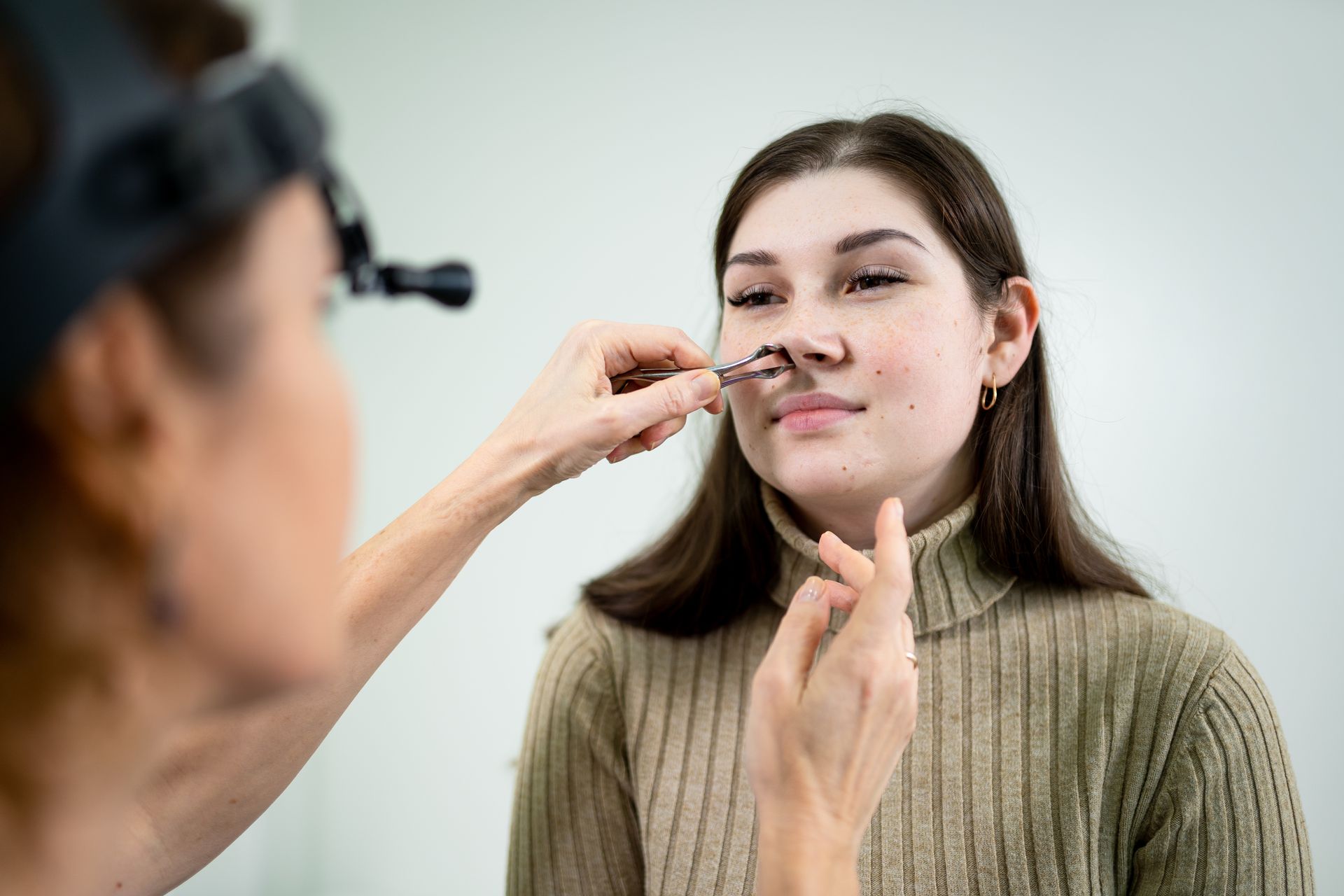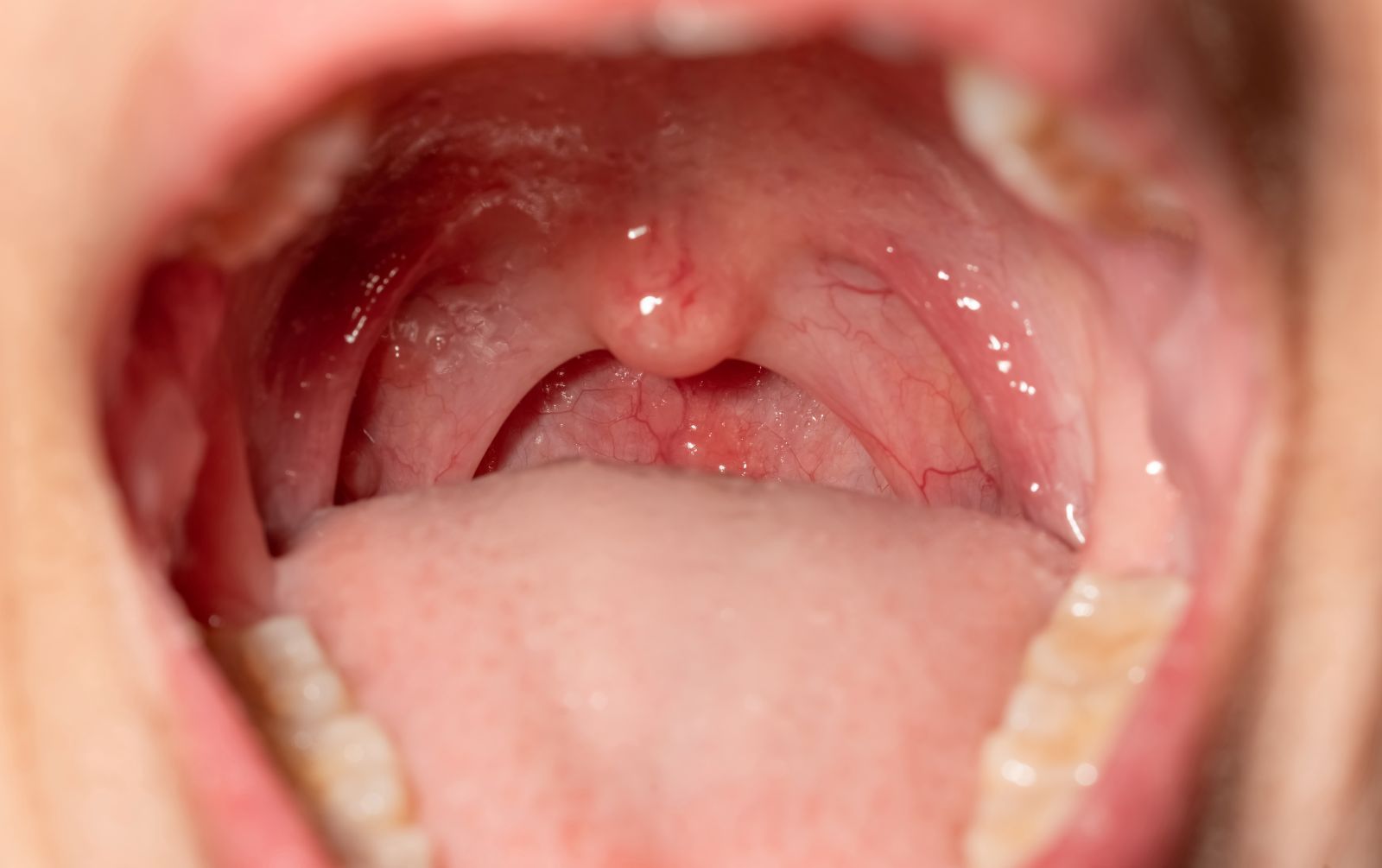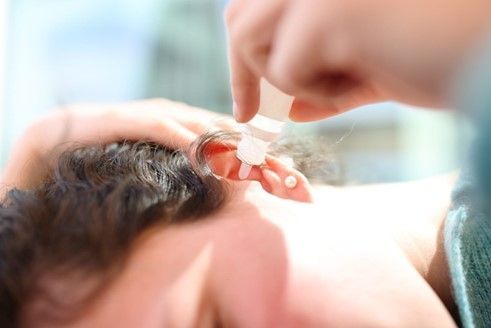How to Prevent Tonsil Stones from Recurring
Are you tired of dealing with the bothersome issue of tonsil stones? This condition is quite common among thousands of Americans and can cause chronic bad breath and discomfort in the tonsils. Read on to check out the strategies that can help you maintain a healthy mouth and prevent the formation of tonsil stones in the long run.
What are tonsil stones and why do they recur?
Tonsil stones, or tonsilloliths, are small deposits that form in the crevices of the tonsils. These deposits are made up of bacteria, dead cells, and mucus. They often have a hard, yellowish appearance and can cause discomfort and bad breath.
Why Tonsil Stones Recur
Tonsil stones can recur frequently due to several reasons, including:
- Poor oral hygiene: Inadequate brushing and flossing allows bacteria buildup
- Chronic tonsillitis: Tonsil stones can develop as a result of chronic inflammation and infection of the tonsils. Recurrent tonsillitis can contribute to the formation of these deposits.
- Crypts in the tonsils: Some people have deeper crevices, known as crypts, in their tonsils. These crypts can trap debris, leading to the formation of tonsil stones.
- Diet and lifestyle factors: Dairy and sugary foods promote bacterial growth
Pro Tip: Gargling daily with saltwater helps flush out debris before stones form.
Common symptoms of tonsil stones
While small stones may go unnoticed, common symptoms include:
- Persistent bad breath or halitosis (even after brushing)
- Sore throat or difficulty swallowing
- Ear pain (referred discomfort)
- Visible white/yellow spots on tonsils
Did You Know? Many people mistake tonsil stones for strep throat—if symptoms last more than a week, see an ear, nose and throat doctor.
Effective strategies to prevent the recurrence of tonsil stones
Surgical removal of tonsils, known as a tonsillectomy, is a permanent solution for some, but preventive strategies can be effective alternatives for those who prefer it or are not recommended for surgery. By implementing these strategies, you can keep tonsil stones at bay and enjoy better oral health.
Maintain Good Oral Hygiene:
Proper oral hygiene is essential for preventing tonsil stones. Brush your teeth twice a day and make sure to clean your tongue as well. Use a tongue scraper or your toothbrush to gently remove any debris or bacteria that may accumulate on the surface of your tongue. Additionally, floss daily to eliminate food particles and bacteria from between your teeth.
Gargle with Saltwater or Mouthwash:
Gargling with saltwater or an antimicrobial mouthwash can help reduce bacteria in your mouth, including the ones that contribute to tonsil stone formation. Mix half a teaspoon of salt in warm water and gargle for 30 seconds twice a day. Alternatively, use an alcohol-free mouthwash that contains antiseptic properties to rinse your mouth.
Stay Hydrated:
Drinking water throughout the day is not only essential for overall health but also for preventing tonsil stones. Staying hydrated helps keep your mouth moist and promotes saliva production, which can help flush out debris and bacteria that can lead to tonsil stone formation.
If you continue to develop tonsil stones, we recommend seeing an ENT specialist. Schedule a consultation at Kentuckiana ENT. We arededicated to providing comprehensive and compassionate care for all ear, nose, and throat conditions. We look forward to helping you.













